The German Financial Stabilization of Statutory Health Insurance System Act
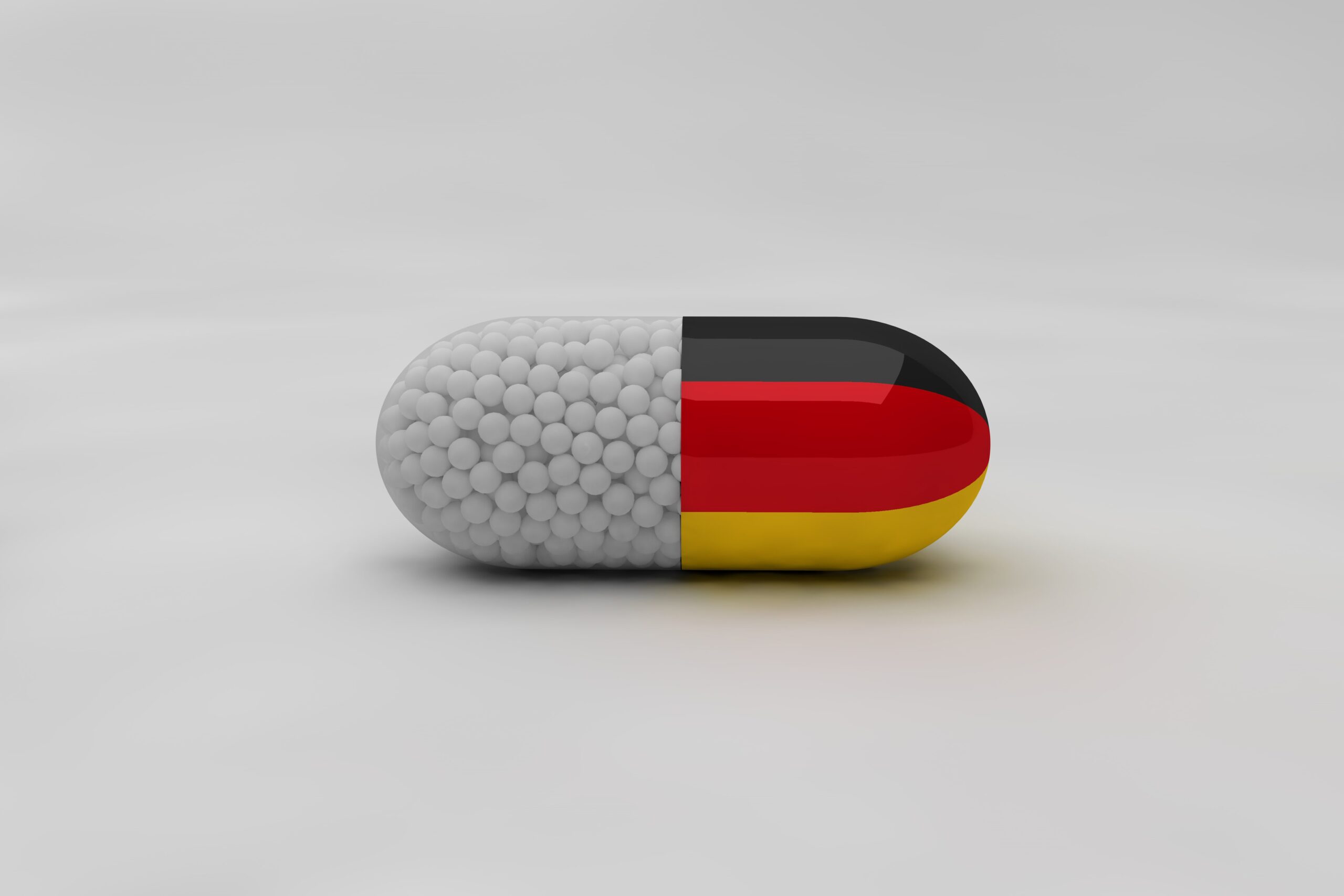
Executive Summary:
- Germany’s ‘Financial Stabilization of Statutory Health Insurance System’ Act (GKV-Finanzstabilisierungsgesetz) was first proposed in March 2022 by Health Minister Professor Karl Lauterbach to help tackle the country’s economic deficit
- Updated (January 13, 2023): The act was adopted by the Bundestag (German Federal Parliament) in October 2022. Most reforms have entered into force in November 2022, with the exception of the reduced sales threshold for orphan drugs (December 2022), the increased manufacturer rebate (January 2023) and the additional rebate for brand-brand combinations (planned for May 2023)
- The new Statutory Health Stabilization Act includes several measures with significant impact in the commercial opportunity for pharmaceutical products
Key Policy Updates
AMNOG Rebate Negotiations
AMNOG* rebate negotiations will be modified to give the GKV-SV increased powers in the pricing negotiations.
HIGH P&MA IMPACT: The new negotiation framework increases the threshold of added benefit required for therapies to receive a premium vs. comparator therapies, specifically by limiting the pricing of ‘No Added Benefit’ rating products.
| HTA OUTCOME | CURRENT RULES | FUTURE PRICING RULES |
|---|---|---|
| Major & Considerable Added Benefit Rating | No Changes | No Changes |
| Minor & Unquantifiable Added Benefit Rating | Manufacturers could enter price negotiations, potentially leading to premium over branded comparator therapies | Manufacturers can only expect parity vs. a branded comparator |
| No Added Benefit Rating | Parity against comparator therapies, regardless of whether generic or branded | Guaranteed at least a 10% discount vs. non-generic comparators and at most parity vs. generic comparators |
Reduced Free Pricing Period for New Medications
The free pricing period for new medicines is expected to be cut from 12 to 6 months.
HIGH P&MA IMPACT: Impact revenue on the first-year post-market authorization and might see the reprioritization of Germany as a first-launch market in Europe given Germany’s inclusion in many countries’ reference baskets.
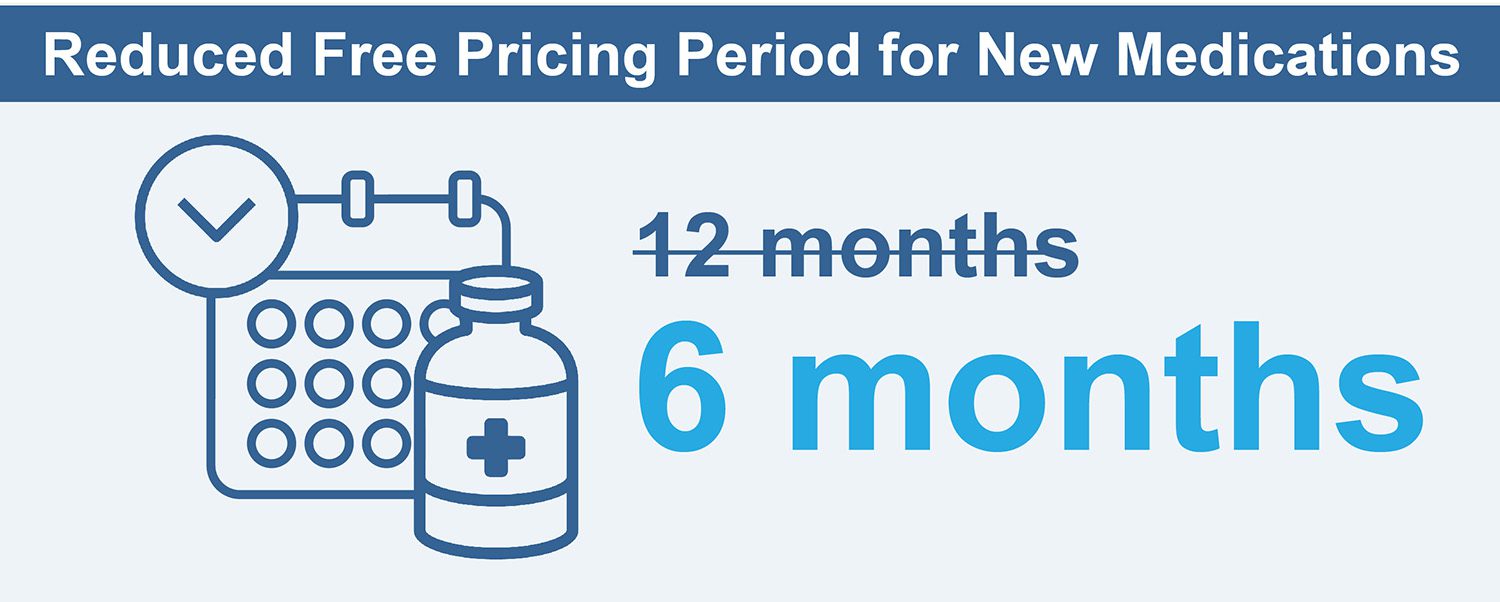
Increased Manufacturer Rebate
Mandatory manufacturer rebate on patent-protected drugs outside the reference pricing system will increase from 7% to 12% for one year and will be retrospectively applied on the seventh month on the market.
MEDIUM P&MA IMPACT: Manufacturers can expect to see a decrease in the price margin for drug sales with a reduction in the net-to-gross profit.
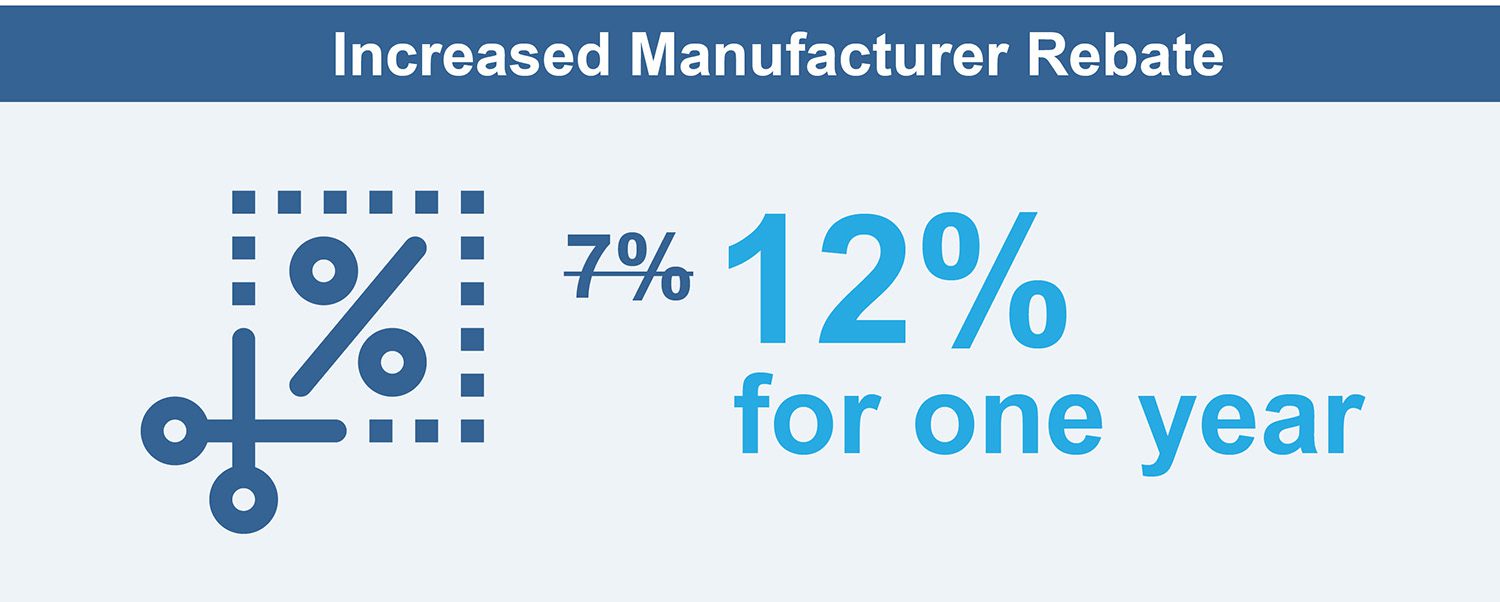
Additional Rebate for Brand-Brand Combinations
A new 20% discount will be included in the AMNOG rebate negotiation for brand-brand combination products (excluding combination therapies that receive a major or considerable added benefit rating), impacting for the first time the combination backbone which is currently not taking a price cut unless their label is updated.
HIGH P&MA IMPACT: Manufacturers can expect a decrease in the price margin for drug sales linked to a brand-brand combination, with a reduction in the net-to-gross profit.
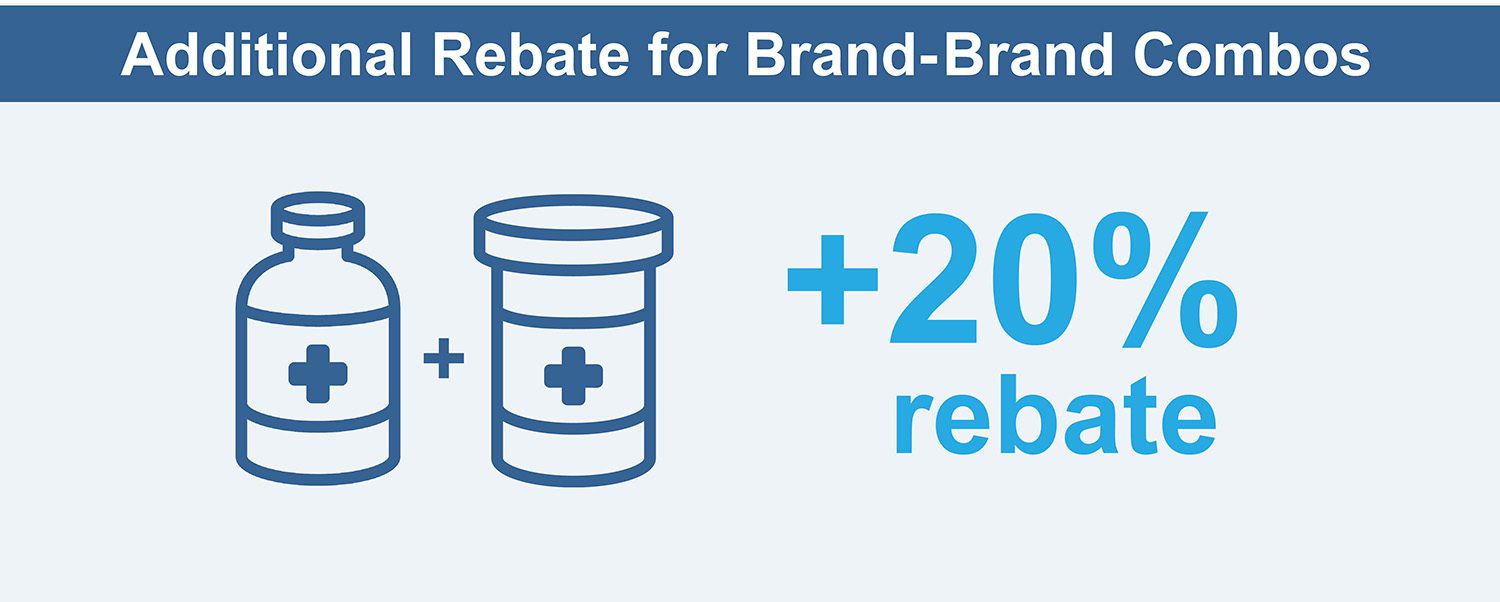
Reduced Sales Threshold for Orphan Drugs
The sales threshold at which orphan drugs become subject to the standard AMNOG evaluation process will be reduced from €50 million to €30 million per year, and only the first indication will be automatically granted additional benefit.
HIGH P&MA IMPACT: This policy will increase the number of rare disease therapies that qualify for the standard AMNOG evaluation, likely resulting in downgrades to a ‘No Added Benefit’ rating (and downstream negative pricing implications) given orphan drug evidence package limitations.
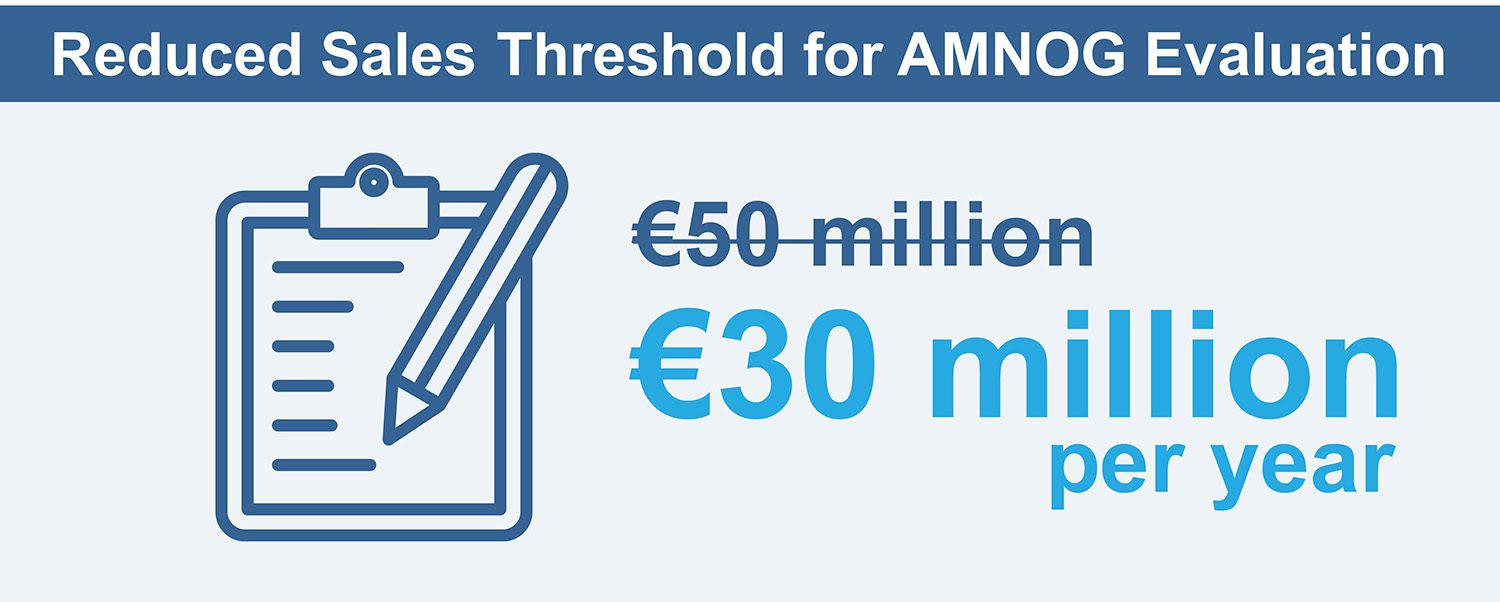
Further Impactful Policy Changes
Implementation of volume-based price negotiations, new penalties for uneconomical packages and delays in the introduction of biosimilar substitution law by a year are expected in August 2023.
*The German HTA procedure for medicinal products, named after the German Medicines Market Reorganization Act in 2011
AUTHORS: Maria Florez-Cespedes, Caspar Kengeter, Salome Monreal Louly, Manon Ricard, Andreia Ribeiro